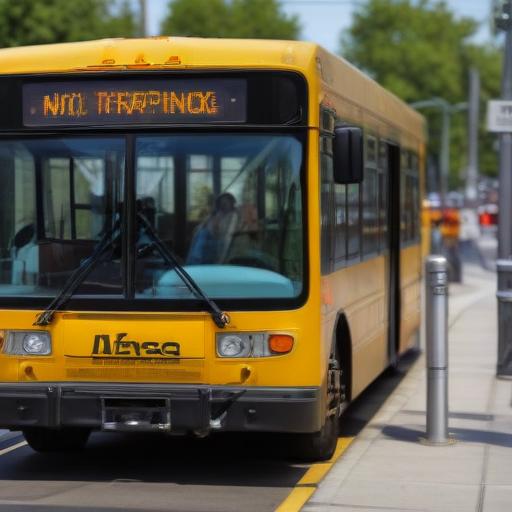The Washington Metropolitan Area Transit Authority (WMATA) has implemented new regulations that now permit bans of up to one year for passengers arrested for violations of Metro policy, a significant increase from the previous 24-hour limit. This change, effective Sunday, targets offenders of various misconduct, including “sex or sex-related crimes,” assaults on Metro employees or customers, and other breaches of Metro passenger conduct rules.
Under the new policy, the duration of the ban varies based on the number of offenses committed by an individual. The initial penalties are structured as follows: a 45-day ban for a first offense, a 90-day ban for a second offense, and a substantial one-year ban for a third offense. This measure is intended to provide Metro Transit Police with more effective tools to deter repeat offenders and enhance safety for all passengers.
WMATA CEO Randy Clarke emphasized that this policy extension aligns with broader efforts to combat crime across their transit systems. Alongside the ban, WMATA has increased the presence of both uniformed and undercover transit police and is implementing security measures, such as the construction of five-foot gates at all 98 Metrorails stations across the DC metropolitan area.
During a board meeting in March, WMATA officials indicated that individuals taking Metro services while banned would face arrest for unlawful entry or trespassing. Banned passengers will receive a notice outlining the ban period and have their SmarTrip cards deactivated to prevent access.
Transit Police Chief Mike Anzallo highlighted that around 40 individuals recurrently cause problems for Metro operations, and the new bans are aimed at maintaining public safety and improving the transit experience for the majority of riders.
The proactive measures undertaken by WMATA reflect an encouraging commitment to enhancing security and safeguarding the transit environment, potentially restoring confidence in the system among its users.
